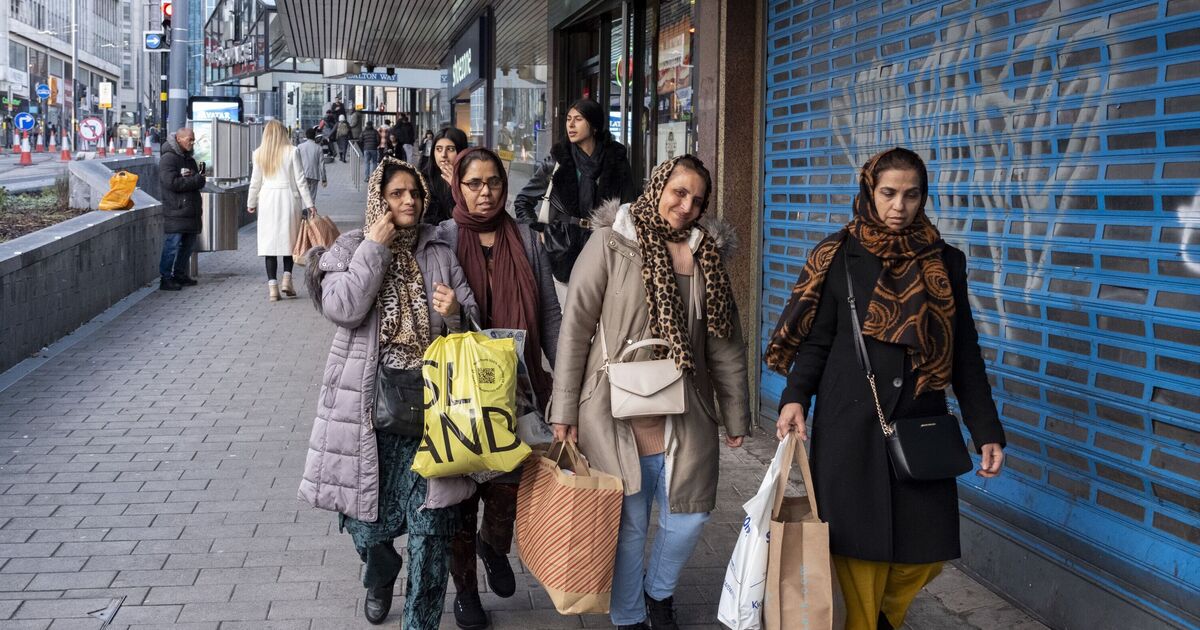

British Muslims are much less likely to support Kim Leadbeater’s assisted dying bill than Christians and the wider public, a new poll has revealed. The survey of 4,500 adults by Savanta found a stark difference in opinion towards the proposed change based on the individual’s religion.
It found that just 34% of Muslims in England and Wales back the bill, compared to 64% of Christians and 69% of non-Muslims overall. It’s the first comprehensive study of Muslim attitudes to the proposed legislation. It was commissioned by leading Muslim media platform Hyphen, with editor-in-chief Burhan Wazir warning that the views of different religious communities has been overlooked during the debate.
Mr Wazir said: “Too often during the assisted dying debate, the views of different religious communities have been overlooked. This survey offers the clearest message yet from the Muslim community that this legislation matters to them and will have a significant impact on their lives.
“As MPs weigh up the legal and ethical implications of the bill, they must ensure they do not exclude Muslims, and indeed people from a wide range of other faith groups, from the discussion.”
Dr Mansur Ali, a senior lecturer in Islamic studies at the University of Cardiff, suggested the stark difference could be down to different attitudes towards the sanctity of life.
He explained: “Life is sacred in Islam. Any intervention that intentionally ends a life — whether by the person or a physician — is [forbidden]. Our lives are not our own; they belong to Allah.”
Muslims who say they oppose Ms Leadbeater’s bill were also much more likely to say it is because of their religion.
Seven in ten Muslims who want the Bill voted down by MPs cited their religious beliefs as the reason for doing so, compared to just two in five Christians and one in three non Muslims.
Labour MP Naz Shah said: “While public opinion is very important, the truth is that we have to legislate for the wider society.”
Muslim Cabinet minister Shabana Mahmood was one of the most senior politicians to oppose the legislation when it was first voted on by MPs last year.
Ms Mahmood, whose Birmingham constituency is 53.1% Muslim, cited religion as one of the reasons her constituents had written to her with concerns.
She warned: “We must never accept the wrongful deaths of some in exchange for the desired deaths of others. That line, once crossed, will be crossed for ever.”
“The right to die, for some, will – inexorably and inevitably – become the duty to die for others. And that is why I will be voting against this bill.”
The poll comes after the Scottish Parliament voted to approve assisted dying with a 14 vote majority.